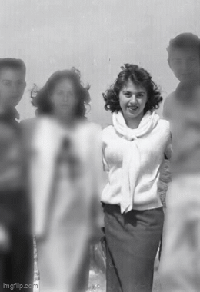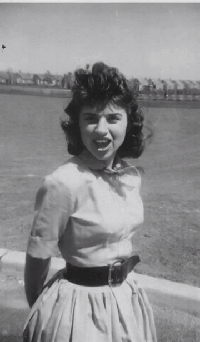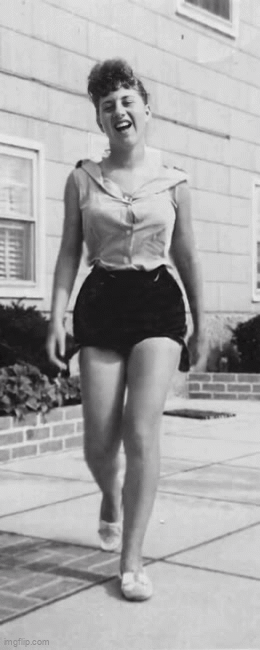-
Recently Browsing 0 members
- No registered users viewing this page.
-
Similar Content
-
- 0 replies
- 1,042 views
-
- 0 comments
- 2,016 views
-
- 1 reply
- 1,073 views
-
- 0 comments
- 2,556 views
-
- 0 comments
- 2,196 views
-











Recommended Posts
Join the conversation
You can post now and register later. If you have an account, sign in now to post with your account.